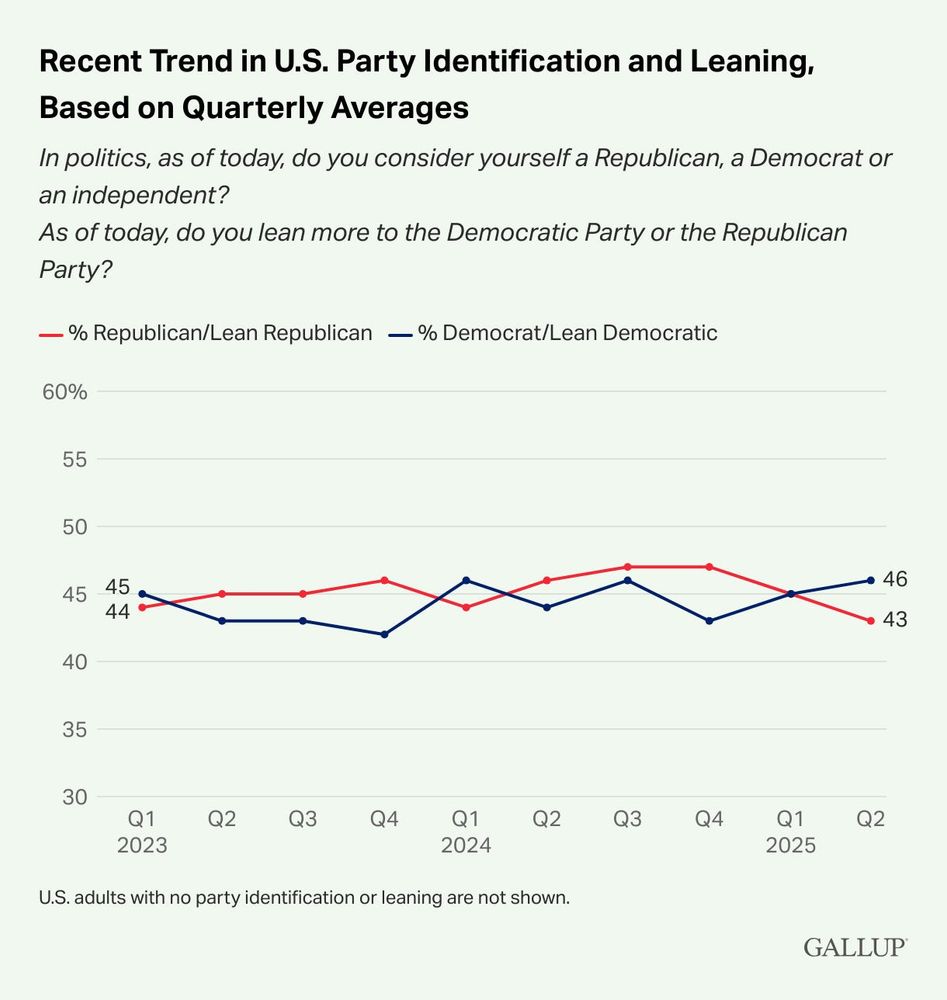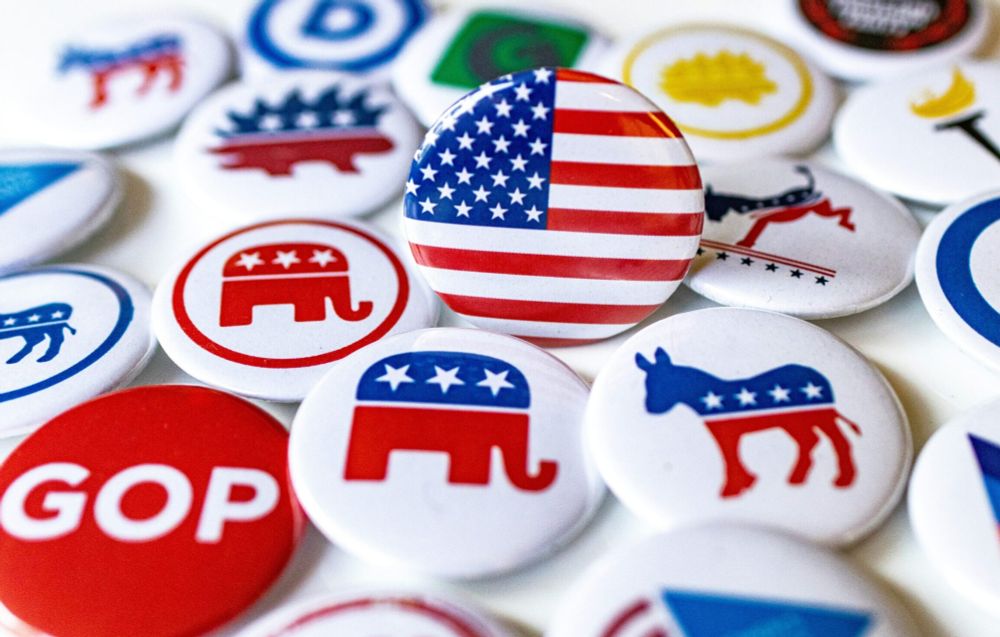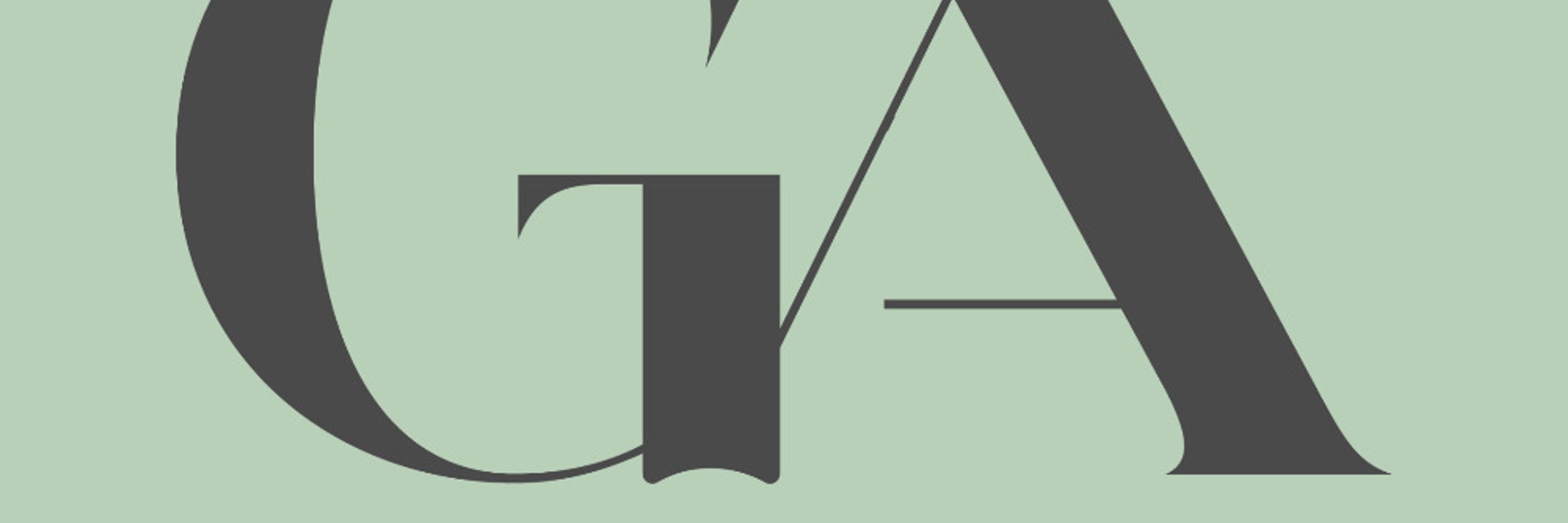
Professor of Political Science, Vanderbilt University - https://johnsides.org/
Publisher of Good Authority - https://goodauthority.org/
John Sides may refer to:John H. Sides (1904–1978), American admiral John M. Sides, American political scientist John Sides, member of the 1967 Alabama Crimson Tide football team
Reposted by John Sides
Reposted by John Sides

goodauthority.org/news/trump-p...
Reposted by Kim L. Scheppele, John Sides, Nathan P. Kalmoe
Here's what to expect in Venezuela, after Maduro.
Read from @hsulli.bsky.social: goodauthority.org/news/what-to...

@goodauth.bsky.social
Reposted by John Sides

Here's what to expect in Venezuela, after Maduro.
Read from @hsulli.bsky.social: goodauthority.org/news/what-to...
Reposted by Elizabeth Saunders, Justin H. Kirkland, David Darmofal
apply.interfolio.com/179844
Reposted by John Sides

First, despite the buildup, I didn't think Trump would do it.
1/
Reposted by Elizabeth Saunders, John Sides, Andrew Rudalevige

Here are Good Authority's top 10 articles of the year.
goodauthority.org/news/good-au...
A super thread 🧵
Reposted by John Sides, David Darmofal

Reposted by John Sides

Past award winners include @jamellebouie.net (2025).
More info below.
Reposted by Brendan Nyhan, Sebastian Karcher, Eric D. Knowles
Disagree: 56%
Agree: 37%
Manhattan Institute / Oct 26, 2025
www.pewresearch.org/short-reads/...
www.jstor.org/stable/26952...
Reposted by Brendan Nyhan, Ian Hall, Scott A. Imberman , and 1 more Brendan Nyhan, Ian Hall, Scott A. Imberman, John Sides
Disagree: 56%
Agree: 37%
Manhattan Institute / Oct 26, 2025
Reposted by Daniel W. Drezner
More information is here: apsanet.org/programs/aps...
We would be grateful for people to submit nominations!
Reposted by Jürgen Maier, Thomas Hegghammer
Post Doctoral application apply.interfolio.com/177609
Visiting Scholar application apply.interfolio.com/177613
Reposted by John Sides

New research looks at the consequences for political participation and political tolerance.
@johnsides.bsky.social breaks down the data here: goodauthority.org/news/have-ou...
Reposted by John Sides
Reposted by Samuel Workman
t.co/bs3pJYTlpi
Reposted by Will Jennings

Reposted by Lisa W. Fazio

goodauthority.org/news/autocra...
Reposted by Ben H. Ansell, Will Jennings, Jon H. Fiva , and 1 more Ben H. Ansell, Will Jennings, Jon H. Fiva, Jon Green

1) having a democratic political system
2) having a strong leader who does not have to bother with parliament and elections
What percent says *both* are good?
44%!

www.cambridge.org/core/journal...
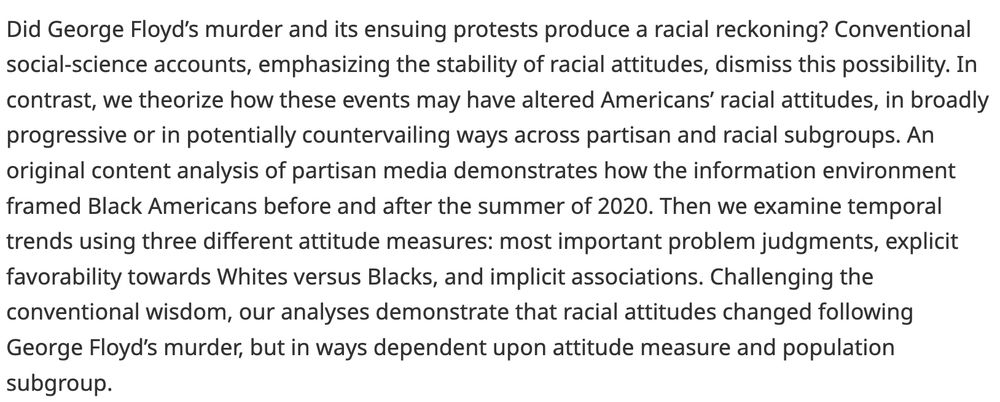
www.cambridge.org/core/journal...

www.cambridge.org/core/journal...
Reposted by John Sides
Reposted by John Sides
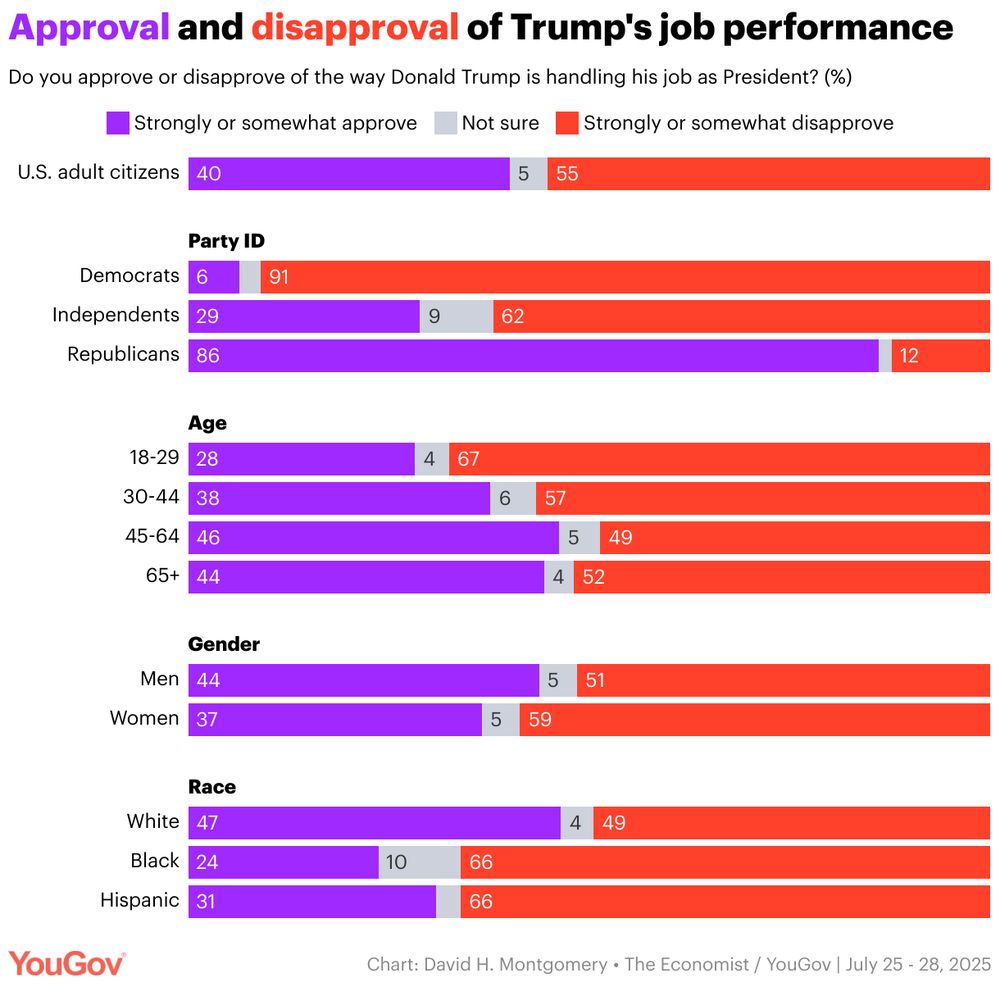
% who approve | disapprove of Trump
U.S. adult citizens 40% | 55% (-15)
Last week 41% | 55%
Start of term 49% | 43%
Democrats 6% | 91%
Independents 29% | 62%
Republicans 86% | 12%
Men 44% | 51%
Women 37% | 59%
d3nkl3psvxxpe9.cloudfront.net/documents/ec...
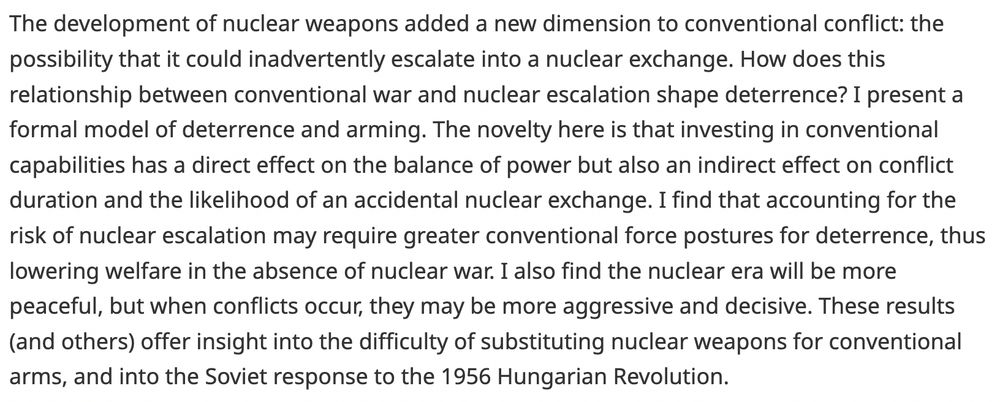
Peter Schram in International Organization, "Conflicts that Leave Something to Chance."
www.cambridge.org/core/journal...
www.linkedin.com/in/ejgraff/


